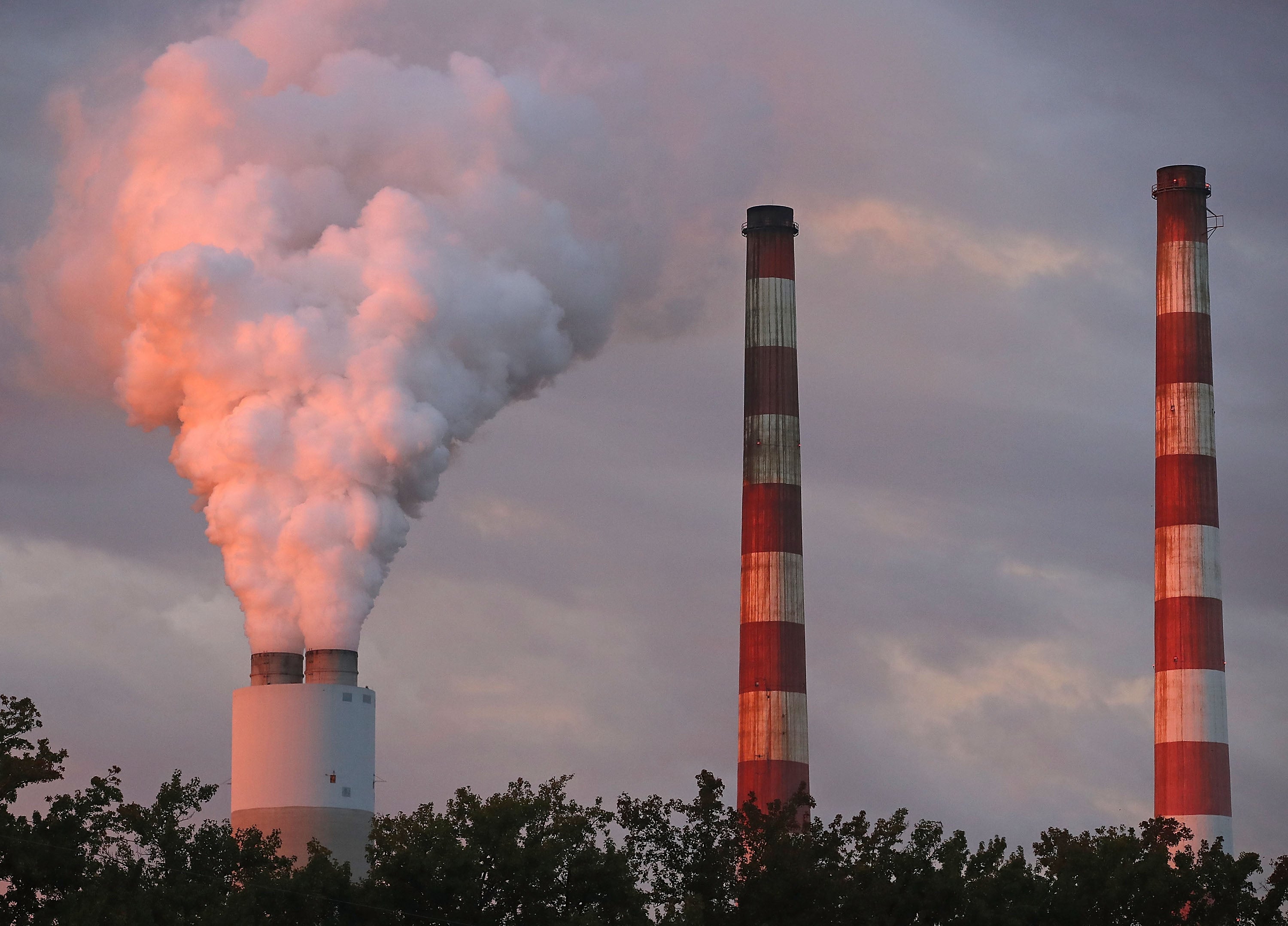EPA nixes Trump ‘secret science’ rule that threatened pollution rules
The rule was billed as a transparency measure, but it fit in with the Trump administration’s larger anti-regulatory programme

The US Environmental Protection Agency (EPA) has formally eliminated the Trump administration’s “secret science” rule, a last-minute regulation from this January that limited which studies the agency could consider and, according to critics, imperiled public health efforts.
“This action ensures that EPA can utilize the best available science and data to support our work to protect the public from pollution,” EPA Administrator Michael Regan told The Hill on Wednesday. “The Biden-Harris Administration has an unwavering commitment to scientific integrity, and to listening to experts and scientists so we can move forward with urgency to deliver on EPA’s mission.”
The move formalised a federal court decision from February scrapping the rule, which found that the Trump administration had misclassified the “secret science” rule as an internal procedural policy, rather that a substantive rule, subject to the lengthy public administrative law process, which involves proposed agency policies being published in the federal register.
Throughout the Trump administration, the White House sought to cut regulations and weaken the influence of federal regulators and government agencies, mostly particularly at branches like the Department of Labor (DOL), EPA, and State Department.
The “secret science” rule, formally known as the “Strengthening Transparency in Regulatory Science” rule, was passed in January of this year and touted as a way to increase the transparency of the EPA’s regulation process.
Ironically, the rule was one of more than 80 proposed “midnight regulations” the Trump administration rushed through in its final weeks in office, often circumventing the rule-making process and arguing they needed to go into effect immediately, influencing and often weakening key rules in areas like science, anti-discrimination protections, and federal policymaking.
Critics branded the “secret science” rule the “censored science” rule, arguing that the policy, which mandated the EPA mostly use studies with public data sources, would prevent public health and pollution rules based on epidemiological data that was private due to privacy consideration.
The former president frequently appointed agency leaders who had been outwardly antagonistic towards the missions of the government programmes they would go on to lead, whether it was appointing Eugene Scalia, a labour lawyer known for challenging workplace protections, to lead the DOL, or nominating Scott Pruitt, the former attorney general of Oklahoma, known for climate denial and suing the EPA 14 separate times.
Join our commenting forum
Join thought-provoking conversations, follow other Independent readers and see their replies
Comments
Bookmark popover
Removed from bookmarks